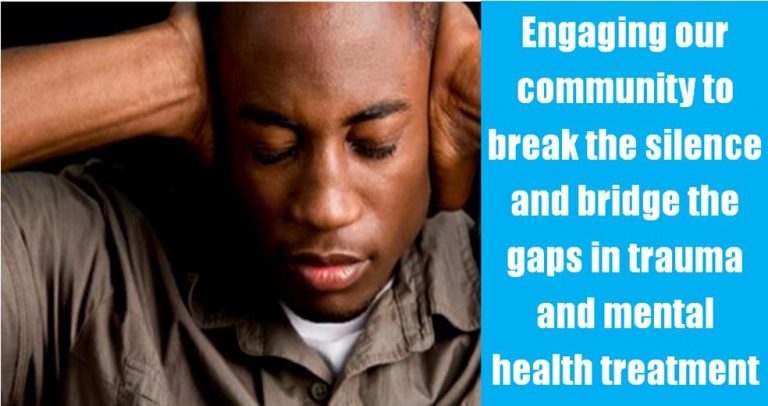Behavioral Health Initiatives
Behavioral Health Initiatives
A Framework For Change…
Creating a Cultural Approach for Mental Health
Disparities based on culture, race and ethnicity impacts the delivery, quality of care and outcomes in mental health. Communities of color require targeted outreach and engagement strategies along with treatment and services that are tailored to their backgrounds, families, and communities to improve their mental health.
The South East Coalition in partnership and collaboration with faith-based, health and mental health communities will review mental health disparity literature and other sources of information, discuss what is known, and identify some of the most promising approaches to reducing racial/ethnic and socioeconomic differences in mental health. Our purpose is to make recommendations to local Public Health Departments, Behavioral Health Organizations and Government Leaders about solutions to reduce mental health disparities and be effective in its community efforts.

Objectives:
- Build bridges between Faith Communities, Behavioral Health Providers and Consumers to increase awareness of mental health concerns in minority communities.
- Empower natural helpers to provide social support, emotional support, safety nets, and encouragement in order to meet the needs of minorities who are exposed to trauma and are at risk for mental illness.
- Advocate for culturally relevant behavioral health communications for minority consumers and the minority faith community.
- Conduct Faith-Based community dialogues concerning trauma and mental wellness.
- Support Faith Leaders in addressing their own mental wellness.
Activities include:
- Mental and emotional wellness events to educate, provide access to resources, and promote healthy lifestyles and behaviors.
- Partnership with behavioral health providers and other organizations to conduct focus groups and assessments involving members of the faith community.
- Forums for behavioral health organizations and providers, public health, faith, judicial, and higher education communities to promote awareness, dialogue, and partnership concerning disparities in mental health.
- Referrals for individuals, families, faith leaders and congregations to trauma and mental health providers and resources.
- Mental health and trauma-informed training for faith leaders, lay staff, and faith-based organizations to help them recognize the symptoms and make appropriate referrals to counselors and psychiatrists.
- Community conversations to let their voices be heard concerning Trauma, Mental Health, and Mental Health Services.
